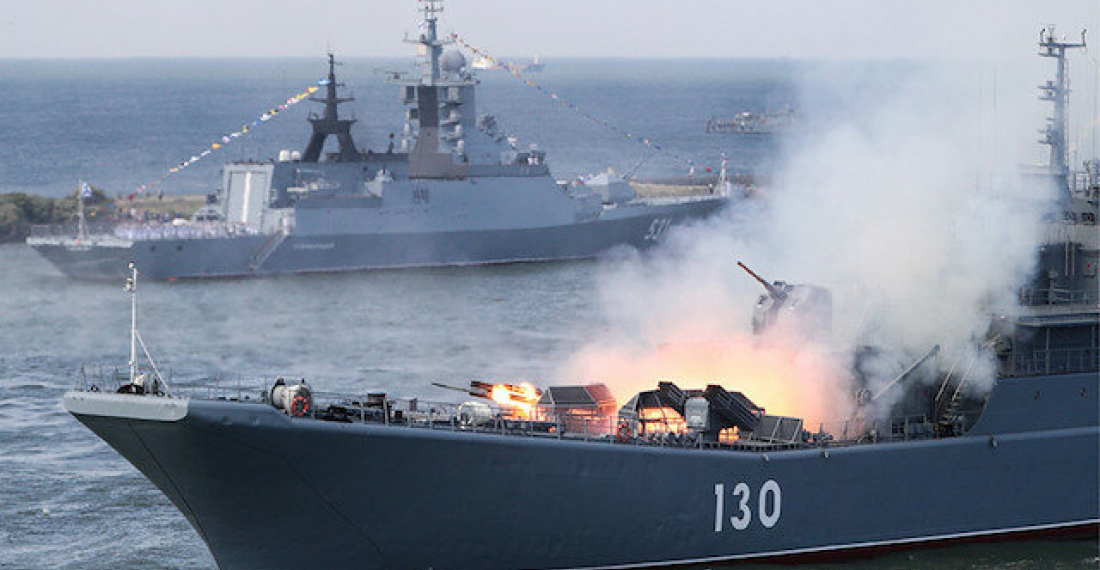Iran and Russia kicked off a joint three-day navy exercise in the northern part of the Indian Ocean. According to Iranian state TV the exercise, called “Iran-Russia Maritime Security Belt 2021” will stretch over an area of 17,000 kilometres. India and China will also be joining the drill. This is the second joint Russia-Iran exercise since 2019 when the two nations were joined by China in a four-day exercise.
Units from Iran’s Navy and the IRGC’s navy will take part in the exercise in addition to a Russian destroyer, logistics ship and a helicopter.
According to Iranian Admiral Gholamreza Tahani, the drill spokesman, the purpose of the exercise is to "enhance the security of international maritime trade, confront maritime piracy and terrorism, and exchange information,"
Tehran has been keen on increasing military cooperation with Beijing and Moscow amid tensions with the United States during former president Trump's administration. Visits to Iran by Russian and Chinese naval representatives have also increased in recent years
When the Trump administration imposed sanctions on Tehran, Iran gradually and publicly abandoned the limits agreed upon in the Joint Comprehensive Plan of Action, otherwise known as the Iranian nuclear deal. The Wall Street Journal, had earlier this month reported that United Nations nuclear inspectors found traces of radioactive material at Iranian nuclear sites that could indicate work on nuclear weapons.
Tehran then announced that it was beginning to enrich uranium up to 20 percent which is far beyond the 3.5 per cent threshold agreed upon in the nuclear deal bringing it closer to the 90% needed for a nuclear weapon.
Source: commonspace.eu with various agencies
Picture: Iran and Russia conduct joint drill in the Indian Ocean.






